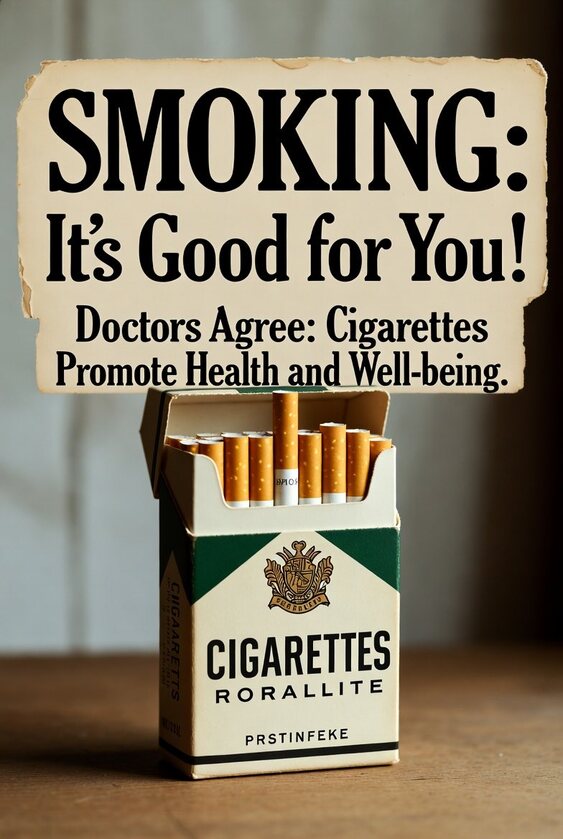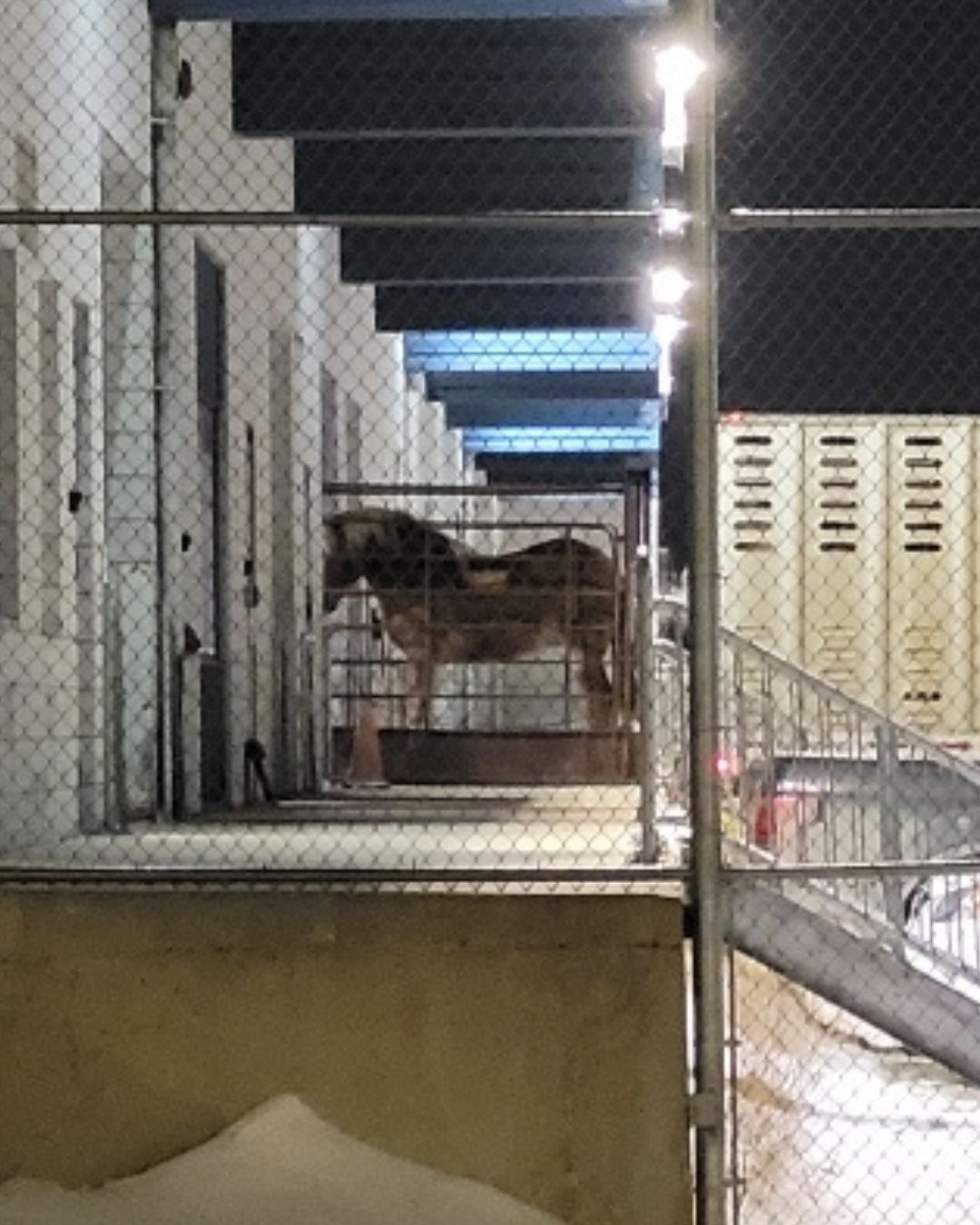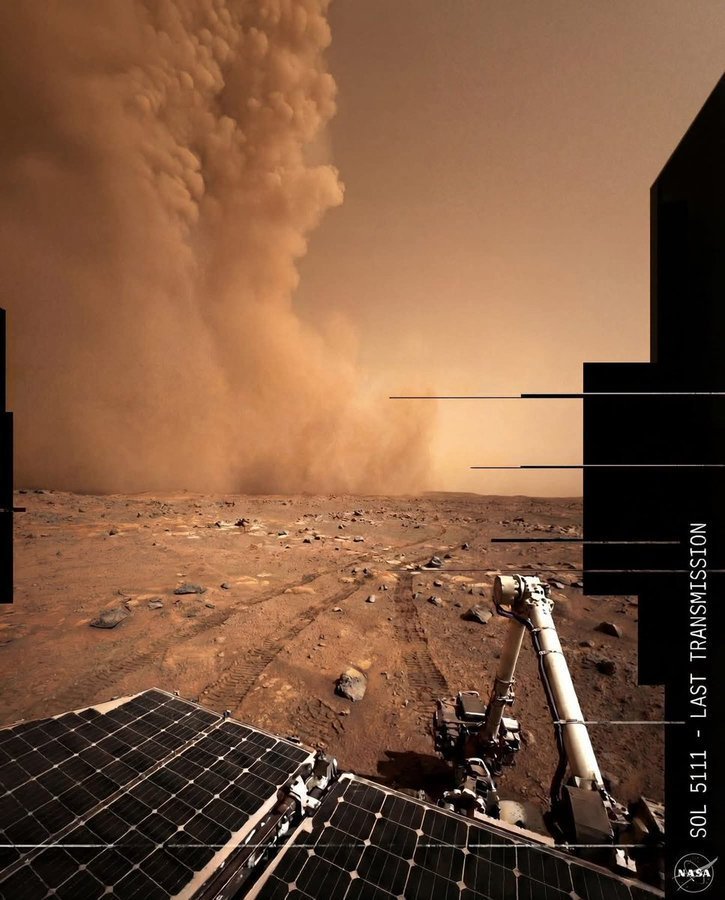Email today to buy or store your DASEIN System 6 can carton today.
[email protected]
This Nobel Prize-Winning Drug Is Now Quietly Under Attack: It's Not Hydroxychloroquine or Ivermectin
Enter Artemisia Annua (Artemisin, Sweet Wormwood), a cheap, safe, ancient herbal medicine and anti-malarial that also treats COVID-19.
But that's not all it does:
• broad antiviral activity against viruses (Herpes, HIV, Hep B&C, EBV, CMV, Zika)
• binds Spike protein of SARS-COV2 more strongly than hydroxychloroquine
• has immunoregulatory effects to decrease cytokines, cytokine storm, ARDS, organ damage and lung fibrosis in COVID-19 infection (blocks NF-κB signaling)
• Anti-cancer affects (via blocking NF-κB) for prostate, cervical, colorectal cancers
However, papers on the drug have been retracted. Herbal products recalled. Why is it under attack?
This information was compiled by an article written by Dr. @MakisMD (give him a follow). Read the full article in the comment below.
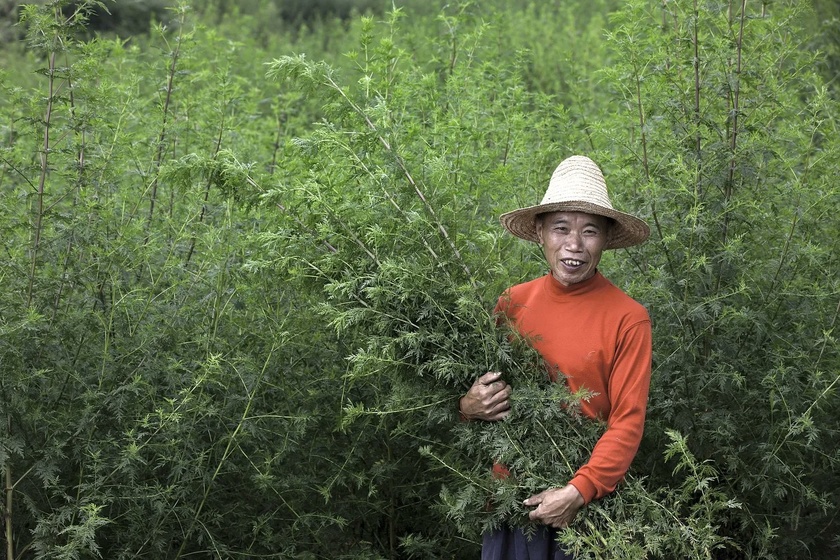
Basashi is the term for horse sashimi. The overwhelming majority of sashimi is fish.
ANOTHER SHIPMENT 💔🐴 At 4:05 AM, another export flight of horses left the Winnipeg airport & is now en route to Japan for slaughter. With the windchill, it was -30°C, yet horses were left in crates on the tarmac for hours. Canada must END this now! #CdnPoli
📷 @mbanimalsave
My battery is low and it's getting dark." These haunting words, sent from 225 million miles across the void, became the poignant farewell of NASA's Opportunity rover—affectionately known as Oppy—before it fell silent forever. Launched in 2003 and landing on Mars on January 25, 2004, Opportunity was designed for a modest 90-day (90-sol) mission to search for signs of ancient water. Instead, this plucky little solar-powered explorer defied every expectation, outlasting its warranty by a staggering factor of 55, roaming the Red Planet for nearly 15 Earth years (5,498 days / 5,352 sols). It traversed over 45 kilometers (28 miles), survived brutal dust storms, climbed crater rims, and delivered groundbreaking discoveries: definitive evidence of past liquid water, minerals formed in water, and hints that parts of ancient Mars could have supported microbial life.But in June 2018, a massive planet-encircling dust storm engulfed Mars, blocking sunlight for months and starving Oppy's solar ...
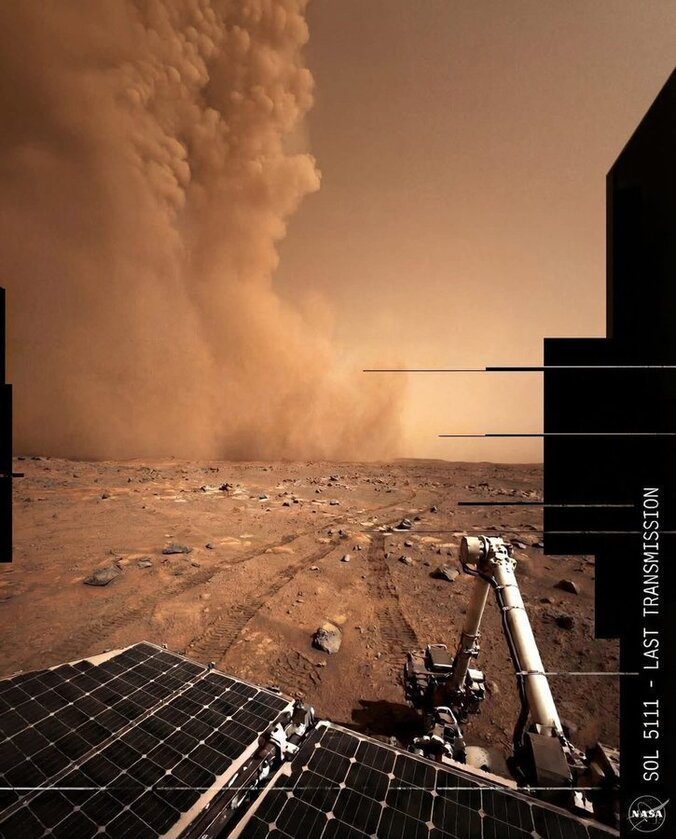
RFK Jr: Food is affecting everything that we do...if a foreign enemy or adversary did this to our country, poisoned us at mass scale, we'd consider it an act of war...
https://x.com/i/status/2023117209036312732
